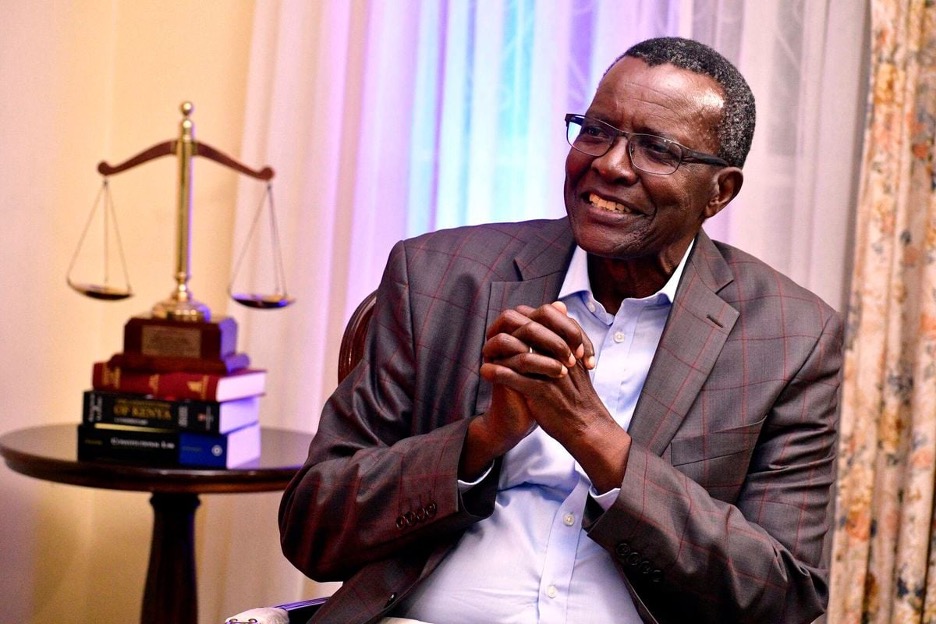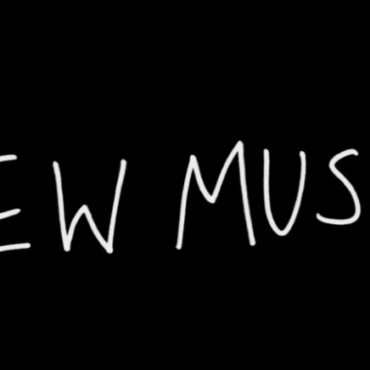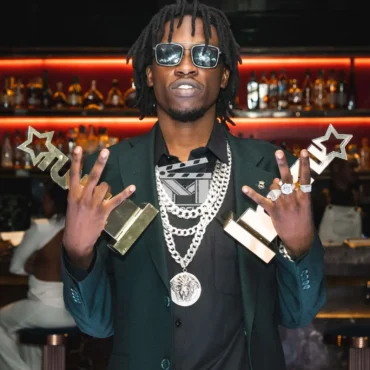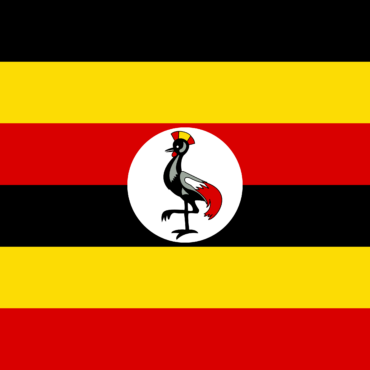Three days ago, Shakira Wafula, one of the most recognizable younger faces inside David Maraga’s campaign secretariat, announced her resignation. Her statement cited “diverging paths on key values, priorities, and decisions.” It was brief, diplomatic, and carefully worded. But online, the reaction was immediate and intense.
Within hours, speculation emerged that the public letter was a stripped-down version of a more detailed one said to reference misconduct allegations against a senior official and unresolved questions about the campaign’s handling of donations. Whether or not those claims are true, the impact was unmistakable. By Tuesday night, “Maraga” was trending among phrases like “TikTok President” and “paycheck protesters,” signalling a shift in mood around a candidacy once seen as refreshingly straightforward.
In a matter of days, the central question around the former Chief Justice has changed. It is no longer whether a respected jurist with no prior political career can mount a serious run for State House. It is now whether his campaign can maintain coherence and credibility through 2026.
A Historical Reality Check
Kenya’s political history since 1992 offers a sobering backdrop. The country has never elected a president who came in as a complete outsider to elective politics while promising systemic transformation. Even candidates who presented themselves as reformist or removed from traditional patronage networks struggled to translate clean reputations into electoral success.
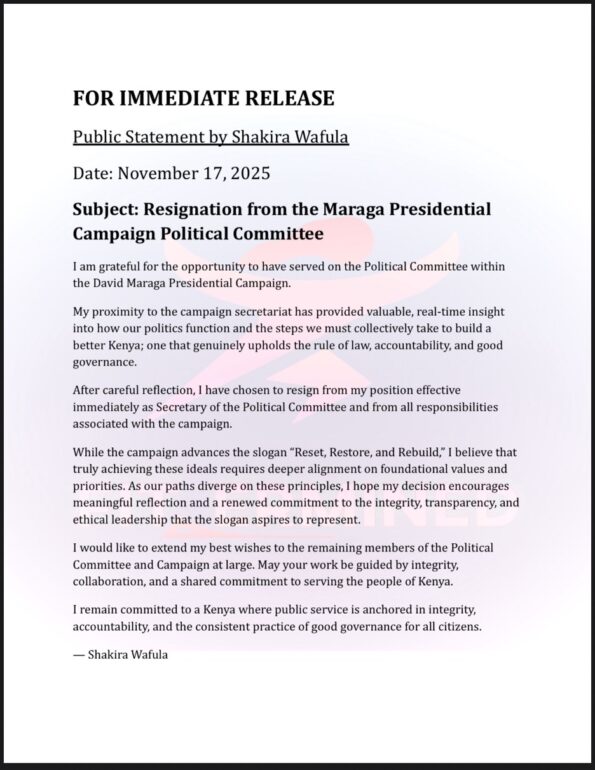
Copy of press statement shared by Shakira Wafula on her X(Twitter) feed
Figures like Kenneth Matiba and Charity Ngilu, though energising in their time, were still familiar to the political class. Uhuru Kenyatta’s “freshness” in 2002 was underwritten by KANU and family legacy. Later attempts by Peter Kenneth, Ekuru Aukot or George Wajackoyah generated interest but not broad-based support. The pattern is consistent: outsider candidacies often inspire enthusiasm but rarely survive the structural pressures of Kenyan politics.Maraga may have carved out an unusual public image through the 2017 Supreme Court rulings, but the terrain he is walking remains the same.
The Main Criticisms and Their Weight
Four major critiques have gained traction in recent weeks.First is the claim that Maraga lacks an ideology. This is debatable. His judicial record reflects a clear worldview: cautious conservatism, strong commitments to the rule of law, support for devolution and institutional restraint, and a moral framework informed by his Seventh-day Adventist faith. The UGM manifesto, already public, reinforces this. While some activist circles wish for more explicitly left-leaning economic commitments, it is inaccurate to suggest he has no ideological position at all.
The second critique concerns the campaign’s reliance on social media. What began as an effective effort to reach younger voters has, according to many commentators, drifted into overuse. Videos featuring repetitive influencer collaborations have drawn criticism for appearing formulaic and, at times, out of touch with the evolving online environment. Scholars such as Prof. Wandia Njoya have publicly described the strategy as patronising, a view echoed by sections of the youth who feel the platform’s original momentum has been lost.
The third critique revolves around age. Maraga will be 76 on election day. Globally, there is mounting scrutiny of elderly leadership—debates visible in the United States, Russia, China, and parts of Africa. Kenya’s youth, who animated the protests of June–July 2024, are increasingly vocal about the need for generational transition. While age alone does not determine leadership capacity, it has clearly become part of the campaign’s public perception problem.
The fourth and most consequential critique pertains to political structure. Kenya’s presidential system demands more than personal popularity; it requires parliamentary strength. Without MPs, any presidency becomes vulnerable to legislative paralysis or forced political deals. As of now, UGM has not fielded candidates in by-elections, and the broader third-force ecosystem has struggled to anchor itself beyond social media. Many of the influential voices from the 2024 protests have since been absorbed into other political formations or retreated from active organising. Meanwhile, fundraising efforts appear limited, reinforcing concerns about the campaign’s organisational depth.
Assessing the Realistic Chances
As of November 20, 2025, Maraga’s chances remain uncertain and, by most indicators, narrow.His reputation for integrity remains a significant asset. It resonates with segments of the urban middle class, civil society, and sections of the religious leadership. International observers also view him favourably. These constituencies may not deliver electoral majorities, but they shape narratives and legitimacy in important ways.
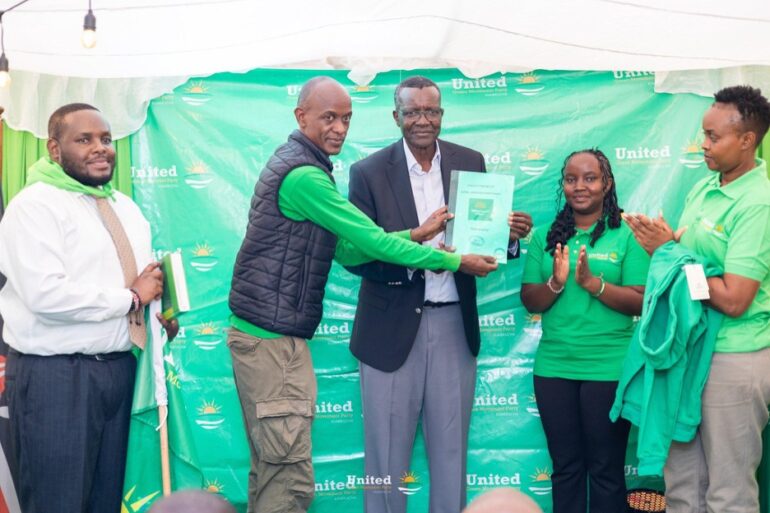
Maraga officially joining the UGM party, photo courtesy of UGM
However, national elections are ultimately determined by voter mobilisation across key regions such as Nyanza, Central Kenya, parts of Rift Valley, Western, Eastern, and the Coast; where established political networks, ethnic alliances, and financial machinery continue to define electoral outcomes. In these areas, the campaign’s current lack of parliamentary strategy and grassroots presence presents serious challenges.
Shakira Wafula’s departure, whether dramatic or routine, has become a symbol. Not because one resignation can derail a presidential bid, but because it exposes the fragility within a movement that has yet to build the internal resilience required to withstand political pressure.
The Maraga Question once carried a sense of possibility. Today, it is shifting towards a harder, more structural inquiry: can a campaign built largely on moral authority, without a firmly established political infrastructure, endure the long march to 2027? It is too early to dismiss Maraga entirely, but it is no longer possible to ignore the warning signs. The next year will determine whether this candidacy stabilizes—or becomes another case study in how quickly outsider campaigns unravel in the face of Kenya’s political realities.
Written by Otieno Arudo
